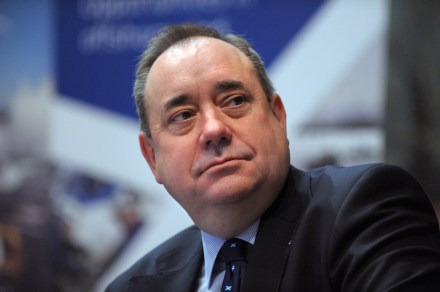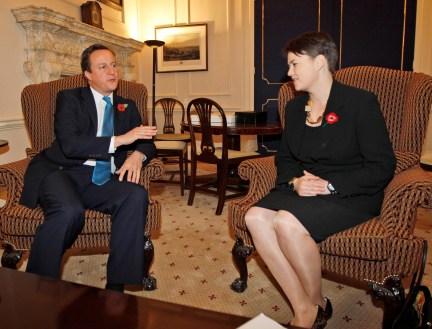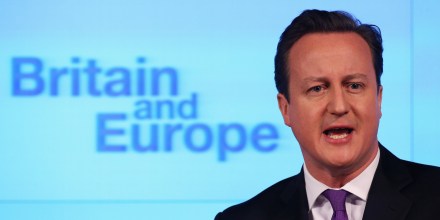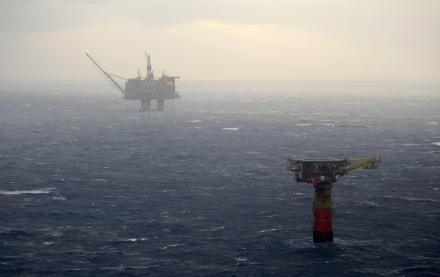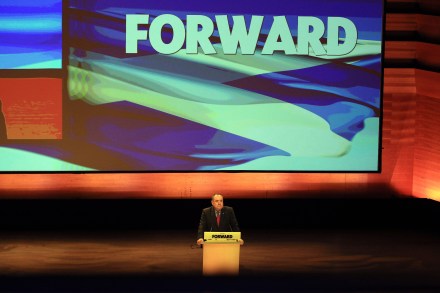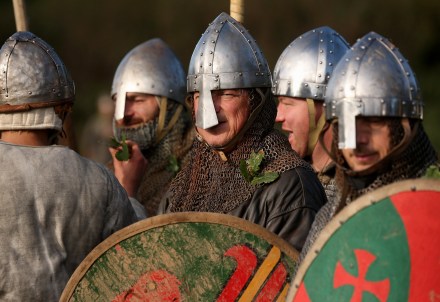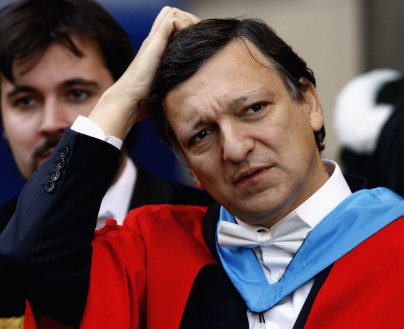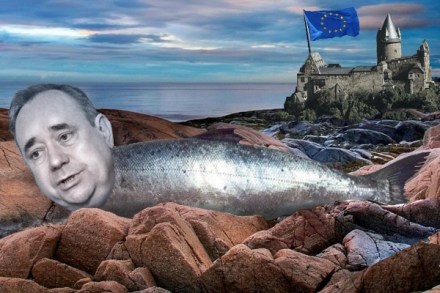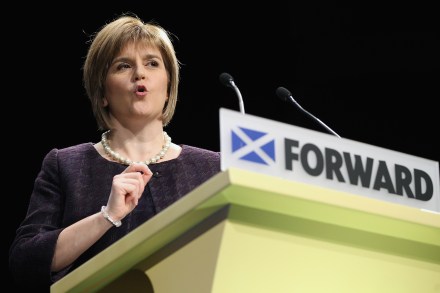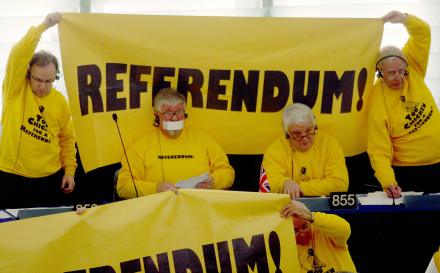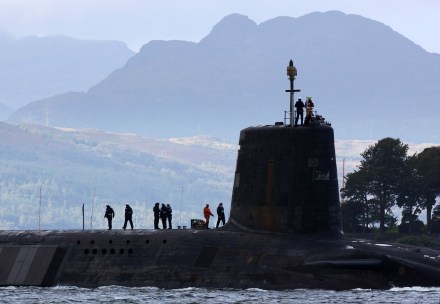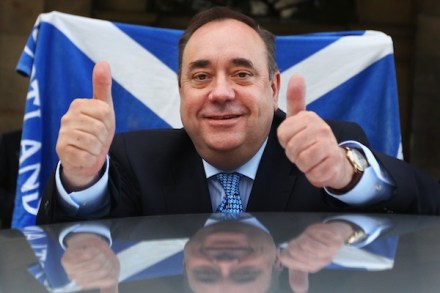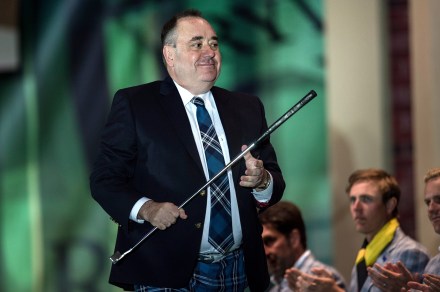Is the press biased against the SNP? Probably. But we are all nationalists now. – Spectator Blogs
So we have a question and it is a simple one. Should Scotland be an independent country? There, that wasn’t so difficult was it? It is, after all, the nub of the matter. Granted, one might agree that Scotland should be an independent country but still conclude that being so is a different matter. That might be a metaphysical matter beyond the Electoral Commission’s ken. Nevertheless, it is not an unreasonable question. Some reports seemed keen to spin this as some kind of ‘setback’ for Alex Salmond. Apparently dropping the preamble ‘Do you agree’ – included in the SNP’s favoured wording – is yet another indication the nationalists are on the ropes.
